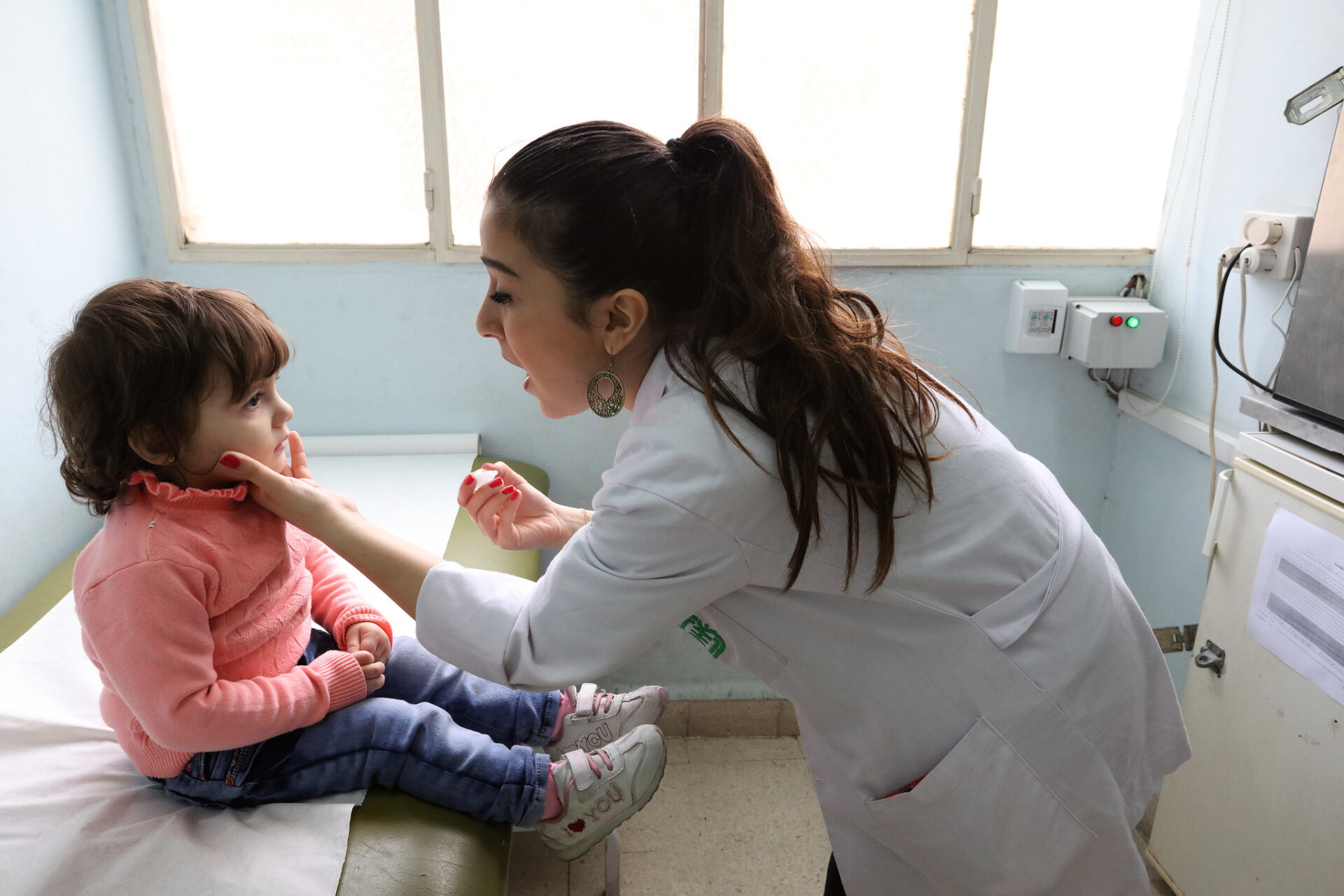The Gulf state has been a key provider of aid for Lebanon amid its worst economic downfall in decades.
Qatar and Lebanon discussed ways to enhance cooperation in the health sector on Monday in light of Beirut’s economic crisis, the Lebanese news agency (NNA) reported.
The discussions came during a meeting in the Lebanese capital between Qatar’s ambassador to Lebanon, Ibrahim Al-Sahlawi and Beirut’s caretaker minister of public health, Dr. Firas Abiad.
According to NNA, the officials touched on the challenges facing Lebanon’s health sector as well as future cooperation projects.
Abiad said he expressed his appreciation for Qatar’s support “light of this unprecedented economic crisis that Lebanon is going through.”
The meeting comes amid efforts by Beirut to rescue its crumbling health sector, which has been largely impacted by the country’s economic turmoil, exacerbated by the tragic Beirut blast and Covid-19 outbreak in 2020.
Medics warned that Lebanon is running out of medicine and baby formula as families are left unable to access their savings.
The Lebanese currency hit an all-time low after losing more than 90% of its value to the US dollar since 2019. At least 80% of the country’s population now live in poverty.
Qatar’s support
The Gulf state has been a key provider of aid for Lebanon amid its worst economic downfall in decades.
Last month, Qatar Charity donated QAR 3.65 million in medical assistance to Lebanon’s interior and health ministries.
Qatar Red Crescent Society (QRCS) will also distribute the medical assistance, which includes chronic diseases medication for 11 most-needed categories.
A total of 70% of the medicines will be freely distributed to patients in 240 health centres, helping Lebanon face a crippling shortage.
Lebanon’s Ministry of Interior and Municipalities will receive the remaining 30% of the aid for distribution to pharmacies of the Internal Security Forces. Qatar is already providing the Lebanese army with financial assistance.
In July last year, Qatar helped Lebanon secure some 991,000 litres of fuel to be used by healthcare facilities nationwide to provide crucial support to some 40 hospitals, edlely homes and more.
In June of the same year, a trip to Beirut by Qatar’s Foreign Minister Sheikh Mohammed bin Abdulrahman Al Thani saw the official pledge a further $60 million (QAR 218,475,000) to the military.
The Gulf state’s humanitarian entities have also been leading efforts in supporting Lebanon’s education sector while providing refugees with aid.
Lebanon hosts 1.5 million Syrian refugees and at least 13,715 from other nationalities—the largest number of refugees per capita and per square kilometre.







